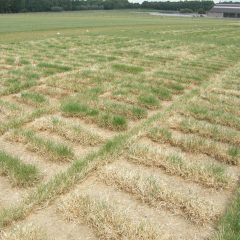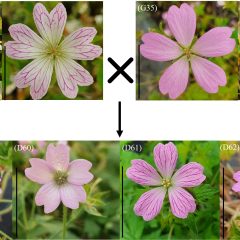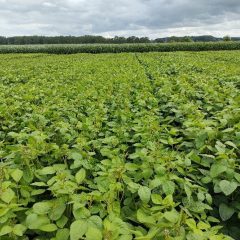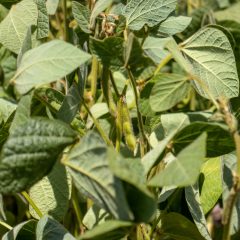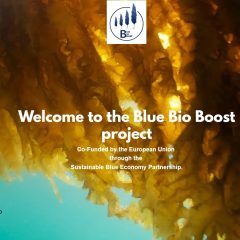Research project INnovations in plant VarIety Testing in Europe
INnovations in plant VarIety Testing in Europe to foster the introduction of new varieties better adapted to varying biotic and abiotic conditions and to more sustainable crop management practices
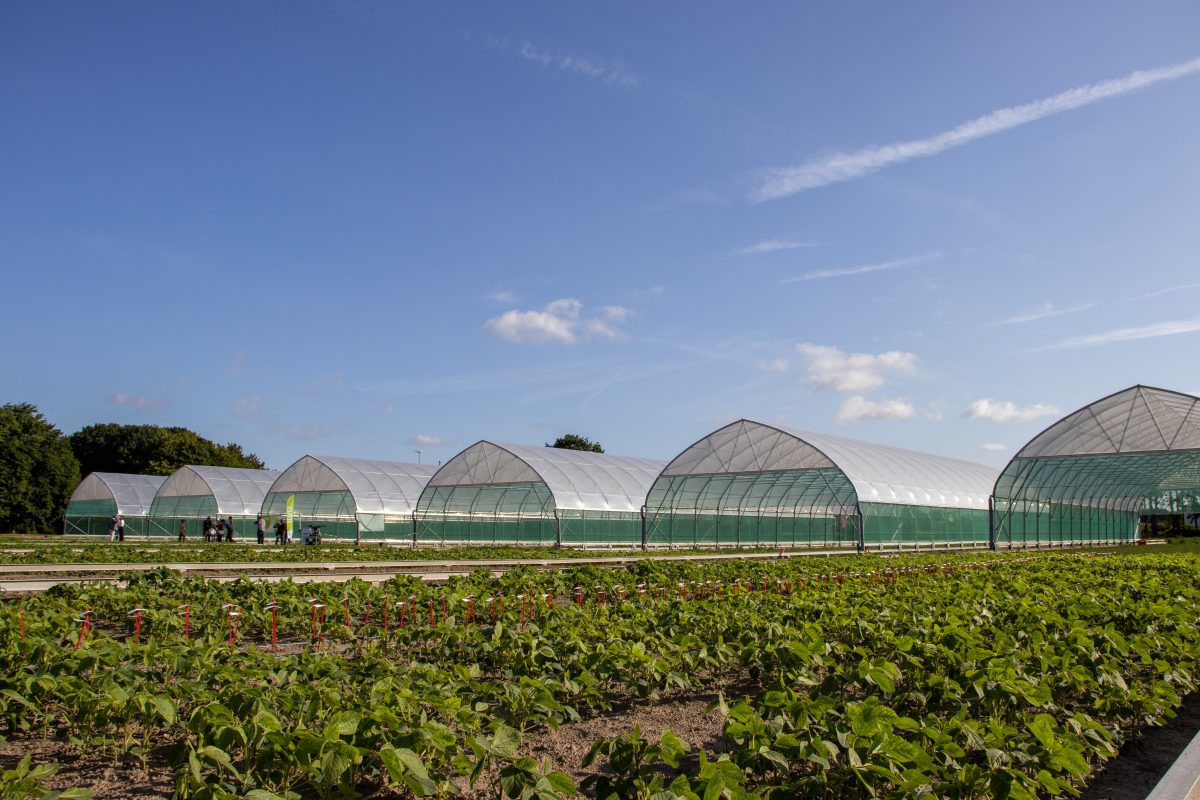
General introduction
Plant variety testing methods have been optimized in the 5-year INVITE project. The consortium focused on improved sustainability. Breeding companies aim to develop new plant varieties that are more resilient to biotic and abiotic stress factors while achieving higher resource use efficiency (RUE). To support this, INVITE researchers have refined variety trials by evaluating candidate varieties under more diverse growth conditions. As one of the centers of excellence organizing variety research, ILVO played a key role in INVITE by introducing drone technology to evaluate variety performance.
ILVO, as one of the knowledge centers involved in variety testing, played a key role by introducing drone technology to improve the evaluation of variety performance.
Research approach
The research focused on several crops important to the EU for breeding, propagation, and food and feed production. These include maize, cereals, and perennial ryegrass. Key steps included:
1) Identifying crop traits and bioindicators linked to RUE and resilience under challenging growth conditions.
2) Developing new phenotyping and genotyping tools to study these bioindicators.
3) Creating crop models and statistical tools to estimate variety performance across diverse agro-ecological conditions and management practices.
4) Improving existing protocols for variety trials.
5) Establishing new networks for future variety trials and formulating policy recommendations based on the research findings and developed technologies.
Relevance/Valorization
Modern agriculture faces the immense challenge of meeting the growing demand for food and feed while addressing the impacts of climate change and the need for environmental sustainability. New plant varieties must deliver higher yields, maintain quality, and remain resilient under changing conditions. This requires advanced testing methods and tools that go beyond traditional DUS (distinct, uniform, stable) testing and VCU (value for cultivation and use) protocols for agricultural and fodder crops.
By improving variety testing methods and integrating new technologies, INVITE research accelerates innovation in plant breeding. This enables the quicker adoption of sustainable solutions, benefiting farmers and supporting a more resilient agricultural system.
Financing
EU Horizon2020

